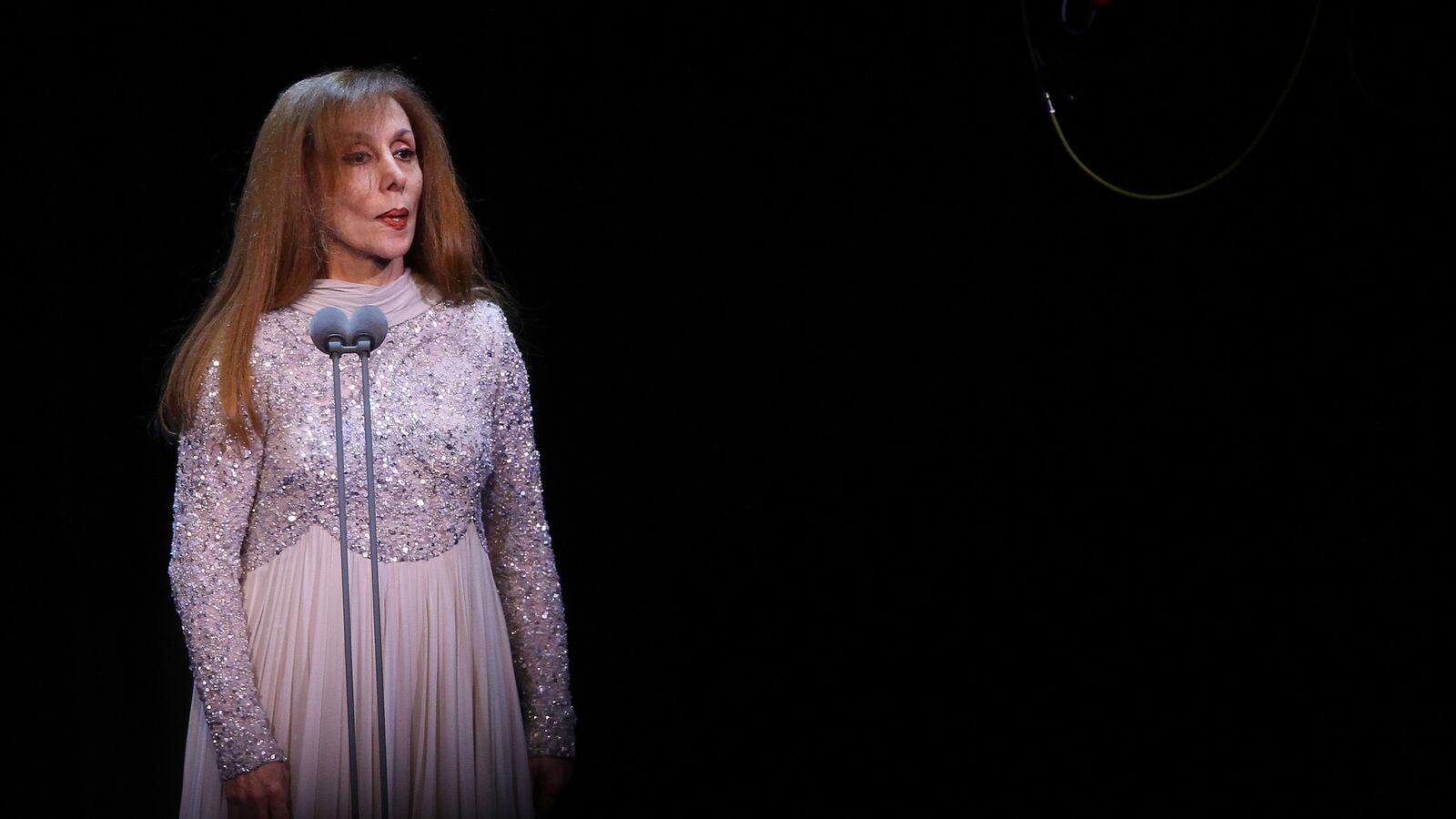Arabic-speaking IDF wunderkind Maj. Avichay Adraee managed to set the Arabic-speaking Internet aflutter once again last weekend with a poorly-thought-out Facebook post featuring the late Lebanese singer Fairuz. Adraee posted a YouTube video featuring Fairuz singing “I Loved You In Summer,” one of her most famous songs, provoking outrage less than two weeks after his hectoring Eid al-Adha message to the world's Muslims expressed his hopes that “all those who celebrate this holiday will fulfill its meaning.”
Adraee posted the video, apparently intended to mark the switch to daylight savings time, with the message in Arabic that “wintertime work begins tomorrow at dawn in Israel” and wished everyone a “fun and successful” week. Al Bawaba and Ma'an reported just some of the indignation that ensued thereafter on the major's Facebook wall. A commenter named Mohamed Fadda asked, “How much do you hate Fairuz that you would rape part of her country?”

This, of course, is precisely the kind of reaction that a more discerning public relations officer might have anticipated. The post directly above Fairuz soberly reports the IDF's latest airstrike against Gaza, while an earlier one proclaims that “Instead of reconstructing Gaza and restoring its buildings and schools and supporting its hospitals, Hamas spends its money on terrorism.” True this may or may not be, but it isn't quite in the same vein as Major Adraee's daylight savings message. After all, Avichay Adraee is a public relations officer, and his page is a propaganda page.
The populations that it's Major Adraee's job to influence aren't stupid; they know propaganda when they see it, and they're justifiably confused and angered by what seems to be a halfhearted attempt at sincerity. It may be that Adraee loves Fairuz and genuinely wants to share her music with the world―he wouldn't be the first student of Arabic to develop an appreciation for Arab music―but his choice of medium is all wrong.
Adraee is bumping up against what has become a decades-long public relations nightmare for Israel: the sincerity of the Israeli government has long been impossible to gauge, so the default position of many is absolute, unequivocal mistrust. Is it any surprise, then, that Adraee's ostensibly genuine Arabic communiques are greeted with such little enthusiasm? Consider this: if both Adraee's Eid message and his Fairuz video were sincere attempts to build rapport, would anyone know it?
This is a problem of overwhelming importance, not just for Avichay Adraee but for the Israeli government at large. In economic, political, diplomatic and military terms, Israel is dominant, but it is lacking the one thing necessary for a peaceful, lasting solution to the region's problems: trust.





